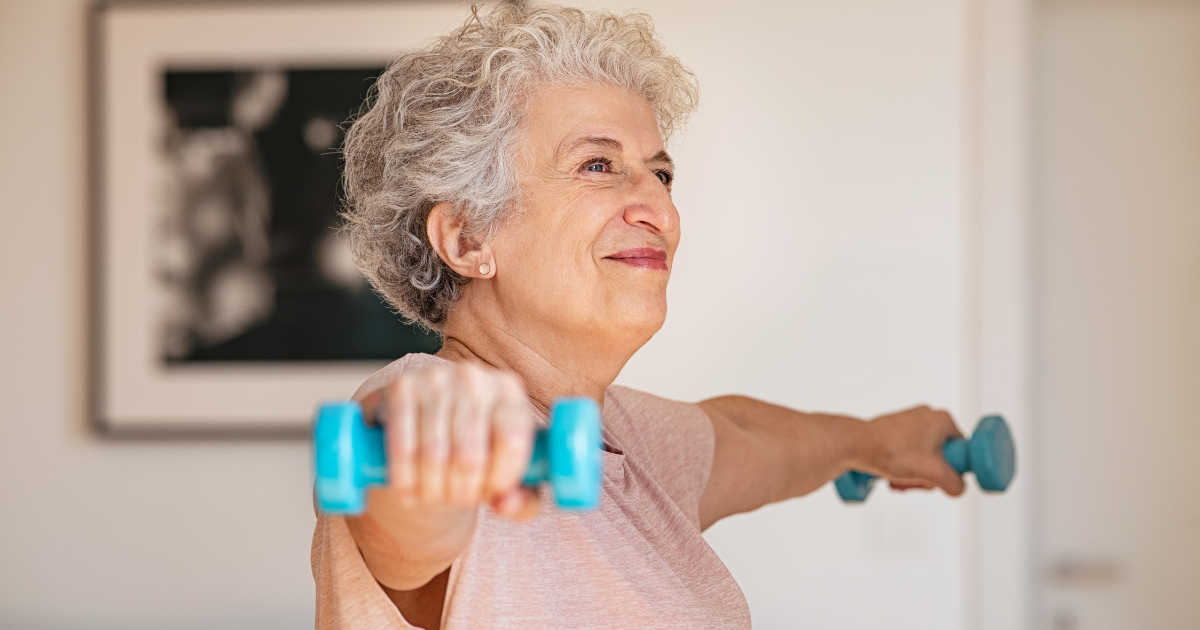As the flowers bloom and the days grow longer, spring brings with it a sense of renewal—and that includes our homes. Spring cleaning can be a refreshing and empowering tradition, especially for seniors. However, it’s important that the process is approached with safety, support, and thoughtful planning.
Here are some practical tips and gentle reminders to make spring cleaning a safe, manageable, and even enjoyable experience for older adults.
1. Make a Plan Before You Begin
Before diving in, create a simple checklist or room-by-room plan. This helps avoid feeling overwhelmed and ensures that high-priority areas are addressed. Break the process down into smaller tasks that can be completed over several days or even weeks.
Tip: Start with less demanding spaces like a linen closet or pantry to build momentum.
2. Involve Support—Don’t Go It Alone
Spring cleaning doesn’t have to be a solo effort. Invite family members, caregivers, or friendly neighbors to help. This not only makes the job easier but also turns it into a meaningful social activity.
Tip: Consider hiring a professional organizer or cleaning service with experience assisting seniors.
3. Safety First: Watch for Hazards
Decluttering is a great time to identify and remove potential fall hazards like loose rugs, electrical cords, or cluttered walkways. Make sure cleaning supplies are non-toxic and within easy reach.
Tip: Wear supportive shoes and avoid standing on chairs or unstable ladders—ask for help if something’s out of reach.
4. Focus on Health-Related Areas
Pay special attention to areas that affect health and hygiene, such as:
- Expired food in the refrigerator or pantry
- Old medications (dispose of them safely!)
- Bathroom cleanliness to prevent mold and slips
Tip: Use this time to organize medication, label items clearly, and restock personal care essentials.
5. Declutter with Sentiment and Purpose
It can be emotionally challenging to sort through personal belongings. Take your time, and if possible, share stories with loved ones about cherished items before donating or passing them along.
Tip: Create a “maybe box” for items you’re unsure about. Revisit it later when the decision feels easier.
6. Make Adjustments for Comfort and Accessibility
Use this opportunity to reorganize frequently used items to more accessible locations—no more bending or reaching! Install grab bars, non-slip mats, and brighter lighting where needed.
Tip: Invest in storage solutions that make daily life simpler, like rolling carts or drawer dividers.
7. Take Breaks and Stay Hydrated
Cleaning is physical work! Make sure to take regular breaks, drink water, and stretch gently to avoid fatigue or strain.
Tip: Set a timer to work in short, 20–30 minute intervals with rest in between.
8. Celebrate Your Accomplishments
After each room or task, take a moment to appreciate your progress. A clean, organized space isn’t just pleasant—it’s also safer, more comfortable, and easier to maintain.
Tip: Light a candle, play your favorite music, or treat yourself to a relaxing afternoon after a job well done.
Final Thoughts
Spring cleaning for seniors is about more than just dusting and decluttering—it’s an opportunity to improve safety, health, and peace of mind. With the right support and a thoughtful approach, it can be a rejuvenating experience that sets the tone for the season ahead.
Whether you’re a senior yourself or a loved one offering a helping hand, remember: the goal isn’t perfection—it’s progress, comfort, and care.




